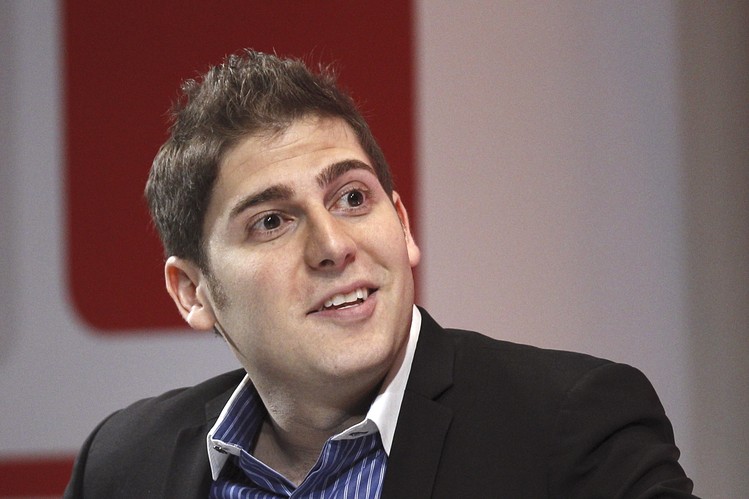The impact of Eduardo Saverin’s investment in Asia-based startups has been significant. The Brazilian-American investor and entrepreneur, who is best known as one of the co-founders of Facebook, has been investing in companies throughout Asia since mediaboosternig
1. He has invested in a variety of sectors including e-commerce, healthcare, and technology. Saverin’s investments have enabled startups to expand their operations and reach larger markets. His financial backing has allowed them to hire more staff, increase marketing efforts, and develop new products and services. The increased funding has also enabled them to invest in research and development, allowing them to stay ahead of the curve in terms of innovation. Saverin’s investments have also had a positive impact on the Asian startup ecosystem mrlitterbox. His involvement has helped to legitimize and attract additional investment from venture capital firms. This additional capital has enabled startups to grow faster and become more successful. The increased investment in Asian startups has also had a positive effect on the local economies. The influx of capital has spurred job creation and economic growth in the countries where Saverin has invested techgesu. This, in turn, has led to increased consumer spending, which has further boosted the economies. Overall, Eduardo Saverin’s investments in Asian startups have had a significant and positive impact. His involvement has enabled startups to expand their operations and reach larger markets, while also creating jobs and stimulating economic growth in the local economies. As such, his investments have been instrumental in helping to shape the startup landscape in Asia.The story of Eduardo Saverin and his stake in Facebook is a controversial one. It has been the subject of much debate in both the media and legal circles indiancelebrity. Saverin, a Brazilian-born Harvard student, was one of the co-founders of the social media giant. During its early days, Saverin invested $30,000 in the company, which he claims gave him a 30% stake. However, in the months that followed, Saverin’s stake in Facebook was diluted to around 3%. This was due to various dilution events, such as the issuance of new shares to other investors and the conversion of preferred stock to common stock. Saverin was removed as a director of the company during this period and was not consulted on any of these decisions. This has led to claims that Saverin was unfairly treated by the other co-founders, such as Mark Zuckerberg. It has been argued that Saverin’s stake in Facebook should have been protected, or at least that he should have been consulted on the dilution events. The controversy has been taken to court, and Saverin has been involved in a number of legal battles with his former colleagues. In April 2011, Saverin reached a settlement with Facebook and was granted 5 million shares in the company. He also received a cash payment of $20 million. The dispute between Saverin and Facebook has been the source of much debate in both the legal and media circles. On the one hand, some argue that Saverin was unfairly treated and that he should have been consulted on the dilution events that caused his stake to be reduced. On the other hand, it could be argued that Saverin was well-compensated and that the settlement was a fair outcome. The controversy surrounding Eduardo Saverin’s stake in Facebook illustrates the importance of understanding the implications of dilution events and the need for co-founders to establish clear agreements about their respective stakes in a company. It also serves as a warning to entrepreneurs about the potential risks of investing in early-stage companies.

